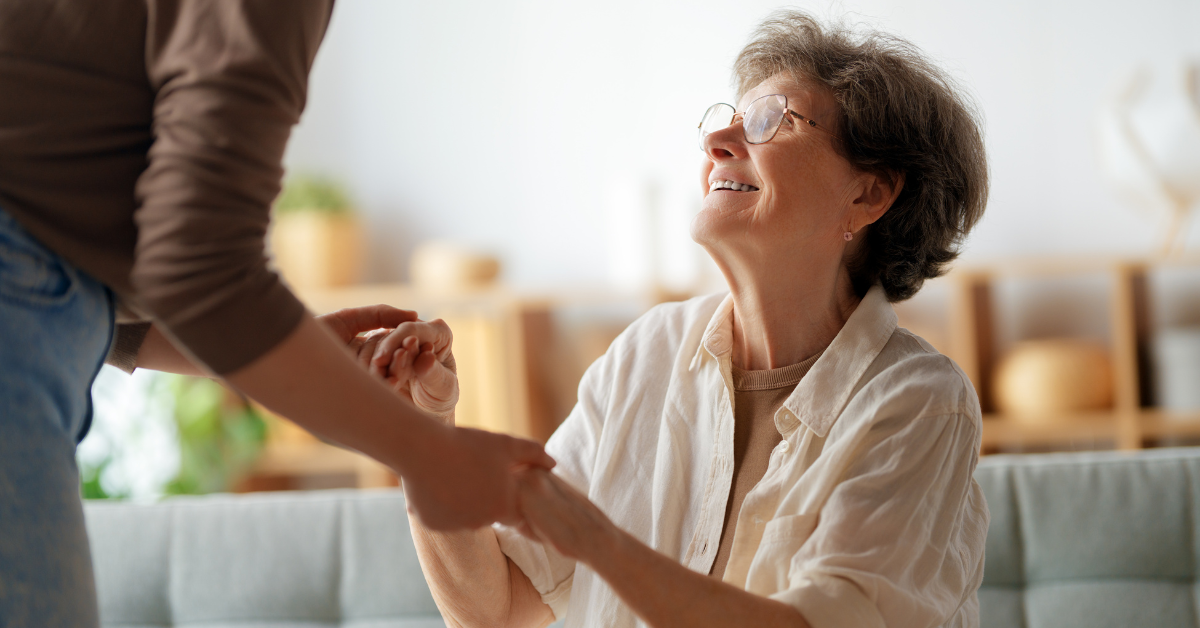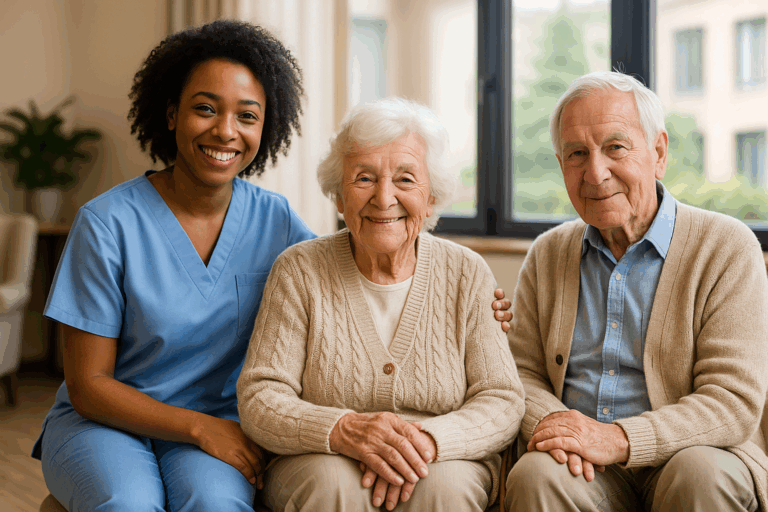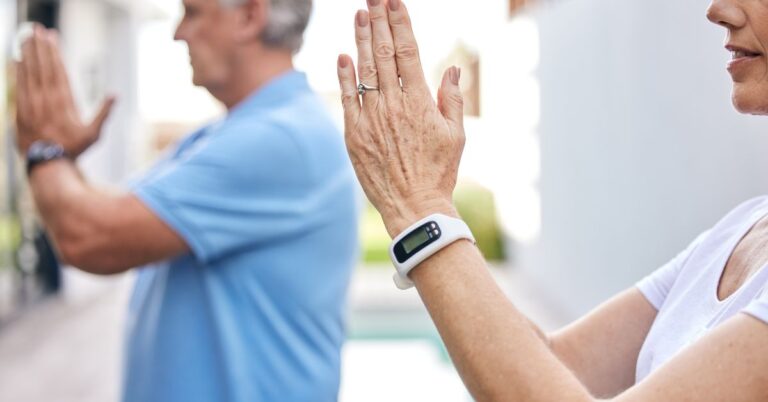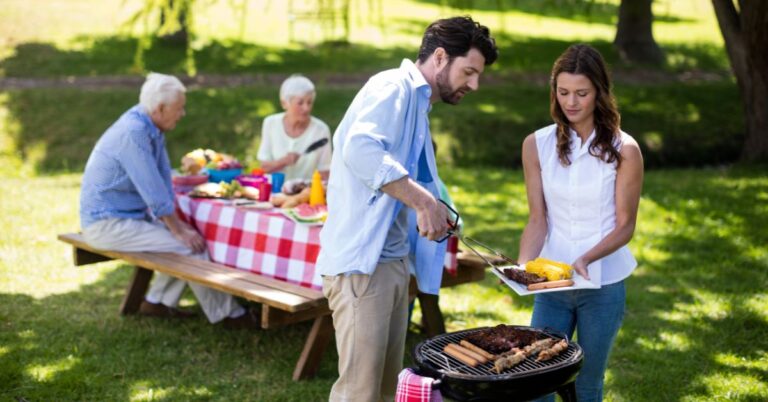Pricing & Availability: 586-838-5900

Every quality assisted living in Sterling Heights, MI, depends on one crucial element: the dedicated caregivers who turn buildings into homes. These professionals create the foundation that allows older adults to receive excellent care and support during this meaningful life transition.
Choosing assisted living for your loved one means understanding what caregivers actually do each day. Their responsibilities extend well beyond helping with basic tasks—they offer medical support, emotional connection and play a direct role in improving residents’ quality of life.
What Caregivers Actually Do Each Day
When you walk into any quality assisted living community, you’ll quickly notice that caregivers are the people who make everything work. They create the foundation for excellent care, offering both hands-on help and the emotional support that makes residents feel truly at home.
The real work behind quality care
Personal care forms the core of what caregivers do each day. They help residents with:
- Bathing, dressing and grooming that maintain both health and personal dignity
- Meal assistance and nutrition support to keep residents properly nourished
- Safe mobility help and fall prevention
- Medication reminders (though they don’t handle clinical administration)
- Watching for changes in health and general well-being
Protecting independence while providing support
Good caregivers understand something important: their job isn’t to do everything for residents, but to help them maintain as much independence as possible. Every resident receives personalized care plans designed around their specific needs and preferences. Caregivers assess what help is truly needed, then encourage independence in every other area. They step in only when necessary, allowing residents to handle what they can on their own.
Caregivers vs. medical staff: Knowing who does what
Understanding the difference between caregivers and medical staff helps you know exactly what kind of support your loved one will receive.
Caregivers handle the daily, non-medical aspects of care. They assist with personal tasks, provide companionship and keep an eye on overall well-being. While they receive training in basic care methods, they don’t perform medical procedures or make clinical decisions.
Licensed nurses (LPNs or RNs) take care of medical needs—administering medications, treating wounds, monitoring vital signs and conducting health assessments. They work under professional nursing standards and can respond to medical changes that need clinical attention.
Addressing Real Needs

Caregivers follow thoughtful daily routines that ensure each resident receives personalized attention. Their work combines practical skills with genuine care, creating meaningful connections while addressing real needs.
Personal care
Personal care assistance represents the most intimate aspect of a caregiver’s role. These moments require both expertise and sensitivity as caregivers help residents maintain their personal hygiene and self-image:
- Bathing support using walk-in showers equipped with safety seats and hand-held showerheads for comfort
- Grooming assistance that includes hair care, oral hygiene and skincare routines
- Dressing help that respects each resident’s personal style and preferences
Medication management and health observation
Caregivers follow a systematic approach: they prepare each medication, hand it to the resident, explain what it’s for, make sure it’s taken properly and record everything. This careful process prevents mistakes and ensures residents get exactly what they need when they need it. Health monitoring goes beyond pills, though. Caregivers watch for changes in how residents look, act or feel. This attentive observation often catches health concerns early, before they become serious problems.
The Real Difference Caregivers Make
Quality caregivers truly are the heart of every great assisted living community. The impact on your family extends beyond just receiving good care. These professionals give you something precious: the chance to be a loving family member again instead of the primary caregiver. That shift changes everything for both you and your loved one.
Your loved one deserves caregivers who see their role as more than just a job. The right team creates a genuine community—a place where your family member can build new friendships, pursue interests and continue living with meaning and joy. Call us at (586) 838-5900 to schedule a tour of My Doctors Inn and learn more about our caregiving approach.
FAQs
Q1. What are the main responsibilities of caregivers in assisted living?
Caregivers in assisted living communities provide personal care assistance, help with medication management, offer meal and mobility support and provide emotional and social support to residents. They play a crucial role in maintaining residents’ independence while ensuring their needs are met.
Q2. What is the difference between caregivers and medical staff in assisted living?
Caregivers primarily focus on non-medical support, assisting with daily activities and providing companionship. They cannot perform clinical procedures or make medical assessments. Licensed nurses, on the other hand, deliver clinical care including medication administration, wound care and health assessments under state nursing license standards.





